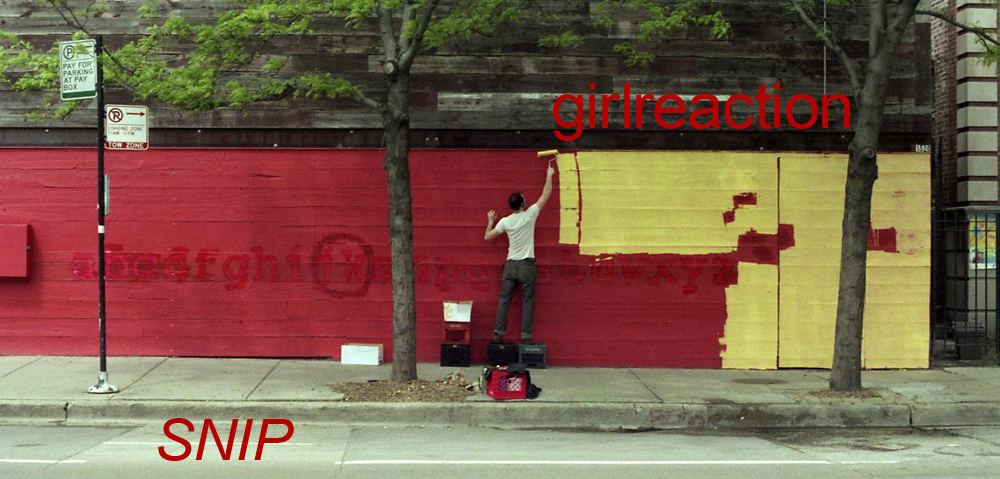Zadie Smith’s become sort of the young female version of Phillip Roth: for a while there it was really (REALLY) popular to hate her and her books, or to talk about how you just didn’t get the hype. That was during her first two books (“White Teeth” and “The Autograph Man”), BOTH of which I LOVED. Then her third book “On Beauty” came out and suddenly all the Zadie haters faded away and she became the critics’ darling. Sadly, I did not like that book very much. It was not nearly in the same league as the first two, in my opinion, and I certainly didn’t understand the hype this time around.
So if you’re like me, put aside the fact that On Beauty is one of the primary topics of this podcast, because once you get past that, it was a really great conversation. Much deeper/more insightful than many author chats I’ve read/listened to.
Smith said this book was intended to be a traditional English novel / a tribute to her idols/elders, that she hadn’t done before. She commented that she’s always told by people “your books are about the search for identity” and she always wants to say “yes, the realization that it’s a POINTLESS search for identity.”
They talked about David Foster Wallace and how you have to get beneath the surface. That it’s very easy for critics/readers to dismiss him due to his smart-aleck, wise-ass exterior, but that what’s he’s really trying to figure out is what truth is.
She talked about how the new modern model of a reader is that of a film watcher “here I am, entertain me” whereas the classical model of a reader (which is mostly lost at this point) was that of an amateur musician, sitting down in front of a piece of music you don’t know, that may have elements your skills will not let you comprehend, yet putting forth the effort, using all your skills to try and learn it and get to know it and the more you give, the more you will get back. I agree, and that evolution into stupidity is a real loss we’ve suffered (and continue to) as this world has evolved.
As Silverblatt replied: “This was once known: the reading of novels and poetry was instruction in how to be human.”
She also talked about how to be a good writer is more than just craft; you must educate your consciousness. When you write a bad book, it’s not just that the book was bad, but that you were a bad author of it, that you failed in your writing.
She disputes the (in her words) “currently very popular” idea that the whole point of life is to “find out who you are.” And said that the idea behind On Beauty was that it was full of people terrified of becoming less of who they are by pursuing what’s most meaningful to them.
